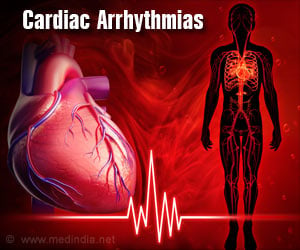Brain lesions associated with criminal behavior systematically mapped in the first study of its kind.

‘Criminal behavior more likely to be associated with lesions in reward and punishment decision making brain areas.’





Darby did the research during a fellowship at Harvard Medical School. Famous cases of acquired sociopathy include Phineas Gage, a railroad worker who in 1848 exhibited anti-social behavior after surviving an explosive blast that sent an iron rod through his brain, and Charles Whitman, the "Texas Tower Sniper," who had a brain tumor and murdered 16 people in 1966. Study Overview
Darby and co-authors reviewed more recent cases of brain lesions associated with criminal behavior, examining MRI and CT scans of those individuals. One group of 17 cases had a definitive correlation between criminal behavior and a brain lesion. A second group of 23 cases had an implied correlation when researchers didn't know whether the brain lesion occurred before or after the criminal behavior. In both groups, the lesions were at different areas of the brain.
The researchers used neuroimaging analyses -- large datasets compiled from healthy volunteers organized into a connectome, similar to a map of brain activity. While the lesions were in different brain areas, they were all connected to the same brain network.
"We looked at networks involved in morality as well as different psychological processes that researchers have thought might be involved -- empathy, cognitive control and other processes that are important for decision making," Darby said. "We saw that it was really morality and value-based decision making -- reward and punishment decision making -- that the lesions were strongly connected to."
Advertisement
"This is a relatively new approach that we have developed," Darby said, describing a series of recent studies with senior author Michael Fox, MD, PhD, assistant professor of Neurology at Harvard Medical School. "We have previously used it to understand other disorders where it wasn't really clear why brain lesions in different locations caused hallucinations or delusions. In those diseases, it was also found that it was a common brain network connected to the same areas. We were the first to apply this to looking at criminal behavior."
Advertisement
Source-Eurekalert














